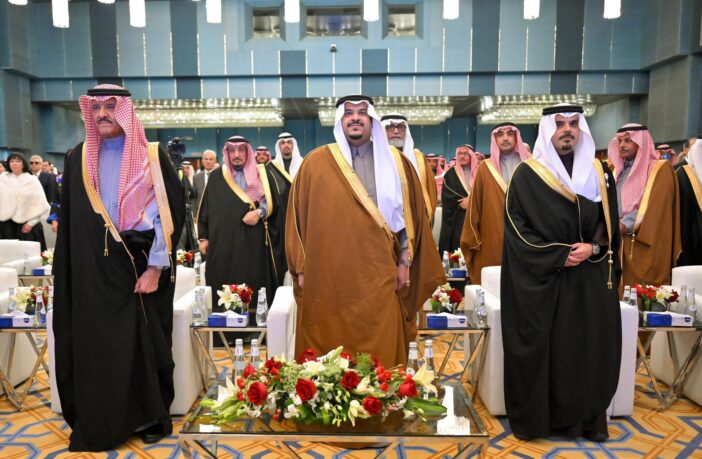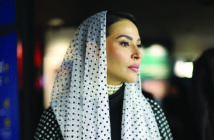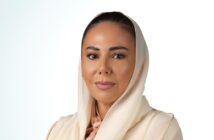Royal jubilees are enriching historical events scoring significantly high periods in the life and service of a monarch and the nation. The year 2024 became such a significant period in the historical annals of the Kingdom of Bahrain, marking the 25th Silver Jubilee of the accession to the throne of His Majesty King Hamad bin Isa Al Khalifa. While the Kingdom of Bahrain has been inherently praised for its incredibly welcoming and very friendly multicultural population, coming from different backgrounds, faiths and practices, the last 25 years have marked a luminous milestone under the leadership of His Majesty King Hamad.
Under the auspices of His Majesty King Hamad, initiatives to empower women and youth have once again demonstrated the Royal commitment to the country’s inclusive development to achieve gender balance and promote equal opportunities for the people of the Kingdom across various sectors.
In this feature, I had the wonderful opportunity to meet with leading Bahraini women who have made enormous contributions to the diplomacy and foreign policy of the Kingdom of Bahrain, as well as Ambassador H.E. Shaikh Ali bin Abdulrahman bin Ali Al Khalifa, and, thus, reflect on the 25th Jubilee of King Hamad’s vision. They were asked to share their thoughts on how sustainability, fairness and competitiveness contribute to the independence of the Kingdom of Bahrain, as well as the role of empowered women in achieving Bahrain Economic Vision 2030.
—
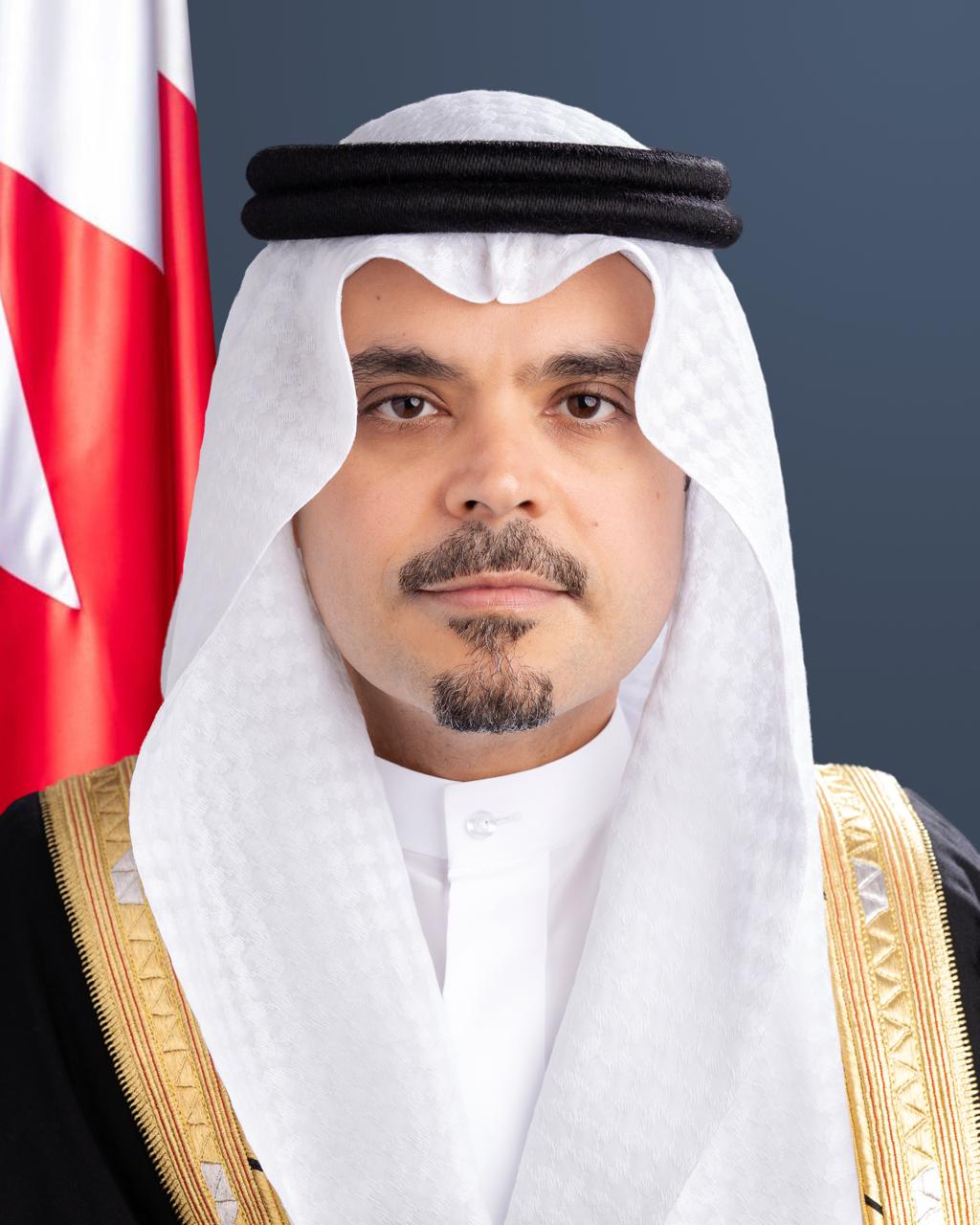
H.E. Shaikh Ali bin Abdulrahman bin Ali Al Khalifa
Ambassador of the Kingdom of Bahrain to the Kingdom of Saudi Arabia
The Kingdom of Bahrain proudly celebrates its National Day, commemorating the establishment of the modern Bahraini state as a Muslim Arab state by its founder Ahmed Al Fateh in 1783, and the anniversary of the accession of His Majesty the King to the throne. This year also marks the Silver Jubilee of His Majesty King Hamad bin Isa Al Khalifa’s accession to the throne. Under His Majesty’s visionary leadership, and ongoing support of His Royal Highness Prince Salman bin Hamad Al Khalifa, Crown Prince and Prime Minister, Bahrain has promoted tolerance, coexistence, and comprehensive development over the past 25 years. Bahrain cherishes its historic ties with the Kingdom of Saudi Arabia and looks forward to further strengthening this enduring partnership for the benefit of both brotherly nations.
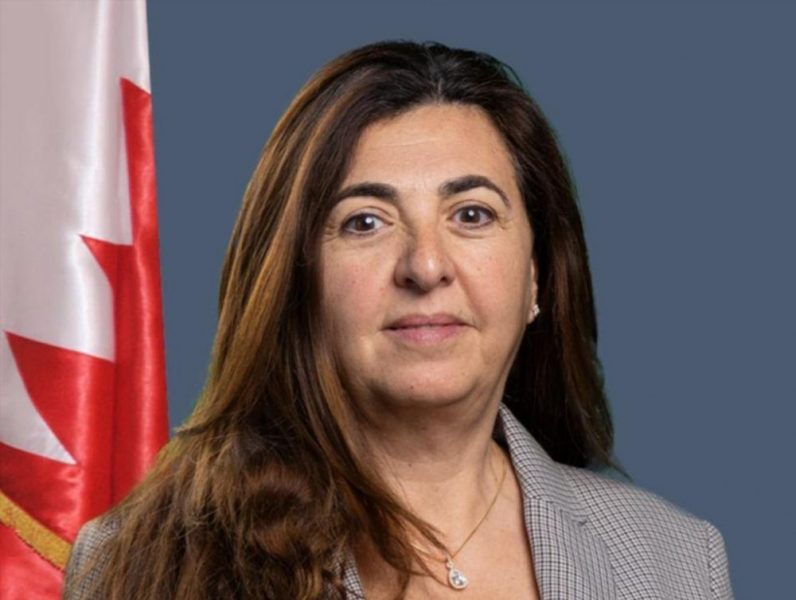
Houda Nonoo
First Female Ambassador of Bahrain to the United States
Empowerment means access to equal opportunities, the ability to make choices, and the support to overcome societal and cultural barriers. Bahrain has a long history of being the first Gulf country to provide opportunities for women. In 1929, Bahrain opened the first school for girls in GCC. Bahrain became the first country to have female nurses, ministers, ambassadors, judges, and the first country to have a Jewish woman and a Christian woman as ambassadors. We have made tremendous strides in creating an environment where women can thrive, whether by excelling in business, serving as political leaders, or contributing to our nation’s development in technology, finance, media, law, sport and education. Women play a crucial role in Bahrain’s Economic Vision 2030, which aims to create a more diversified, sustainable, and competitive economy. Today, women in Bahrain are active participants in leadership roles, entrepreneurship, the private sector, and government. Women’s involvement is not just a matter of equality but a strategic asset – by unlocking their potential, Bahrain enhances its global competitiveness and ensures the sustainability of its economic future. This alignment between gender equality and financial success is integral to realizing Bahrain’s Vision 2030. Yet, empowerment is also about having a voice and the agency to shape one’s own path, which is why it is so important for women to support one another and for societies to nurture that support through education, policy, and equal rights. Empowered women are the backbone of sustainable development.
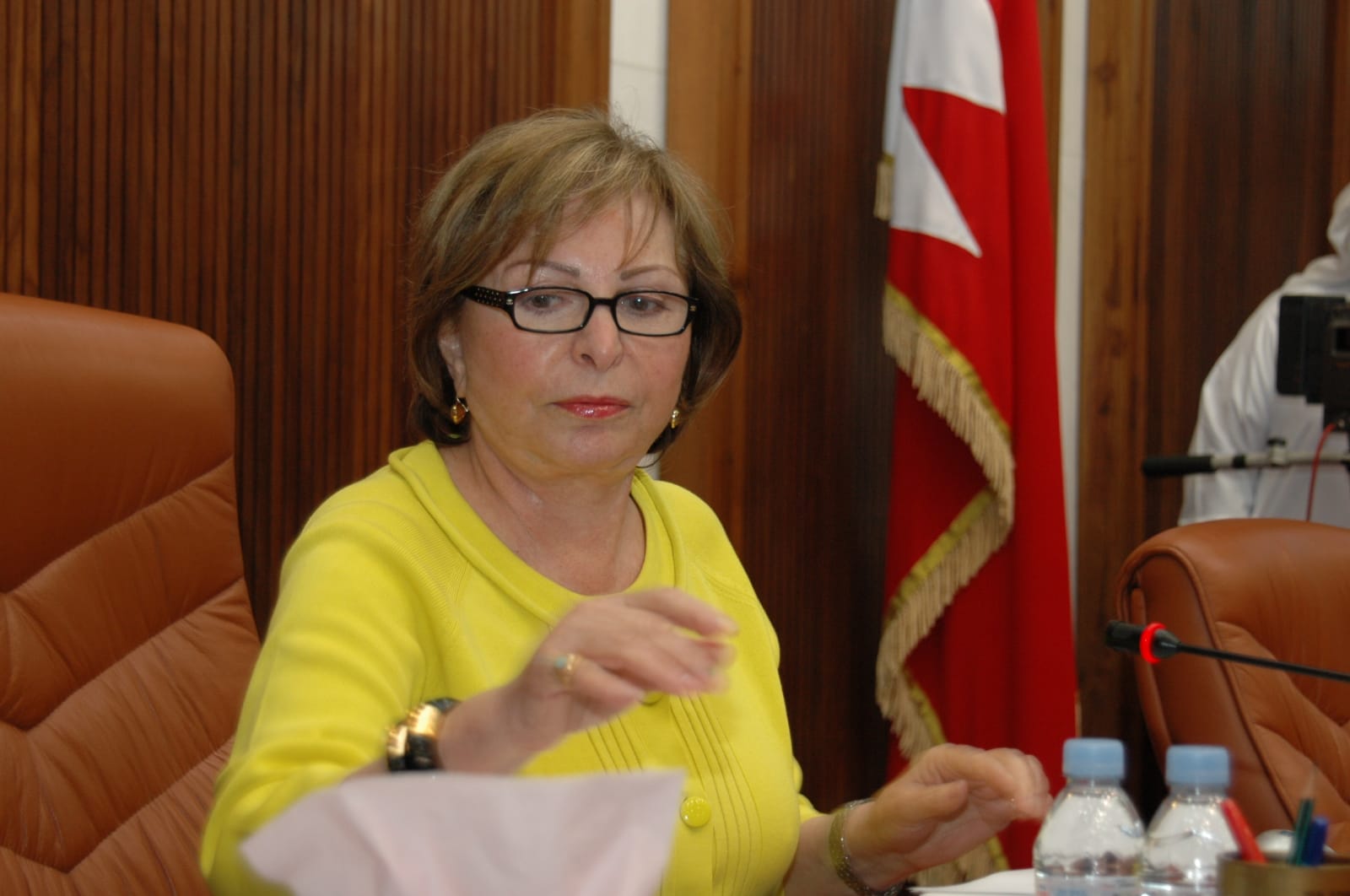
Alice Semaan
First Female Ambassador of Bahrain to the United Kingdom
I believe these three words can be explained by the King and the Government of Bahrain’s continued support for the principles of inclusiveness, equality and justice. In Bahrain, everyone’s voice is important and adds value, regardless of religion, background, family or even lack of knowledge of Arabic. Everyone is allowed to express their ideas in the best way possible. In terms of fairness, I want to recall how the Bahraini government respects different religions and cultures. Even though it is a Muslim-majority country, Christians or people of other religions are allowed to live according to their cultural heritage. This approach has been the main focus in supporting Bahrain’s independence, allowing the country to develop sustainably and be competitive. I will not dwell on the numbers of women’s contribution to Bahrain’s Economic Vision 2030, but I will praise all those women who work in schools, hospitals, science and even at home to contribute to their families and raise children. This is one of the seemingly smallest but significant examples of women’s involvement in Bahrain’s Economic Vision 2030 and its success. An empowered woman is an educated and open-minded person who respects diversity and the world beyond her country and cultural heritage. However, most importantly, an empowered woman must have an open heart to accept people as they are, not judge them, and take advantage of every opportunity to learn and share knowledge.
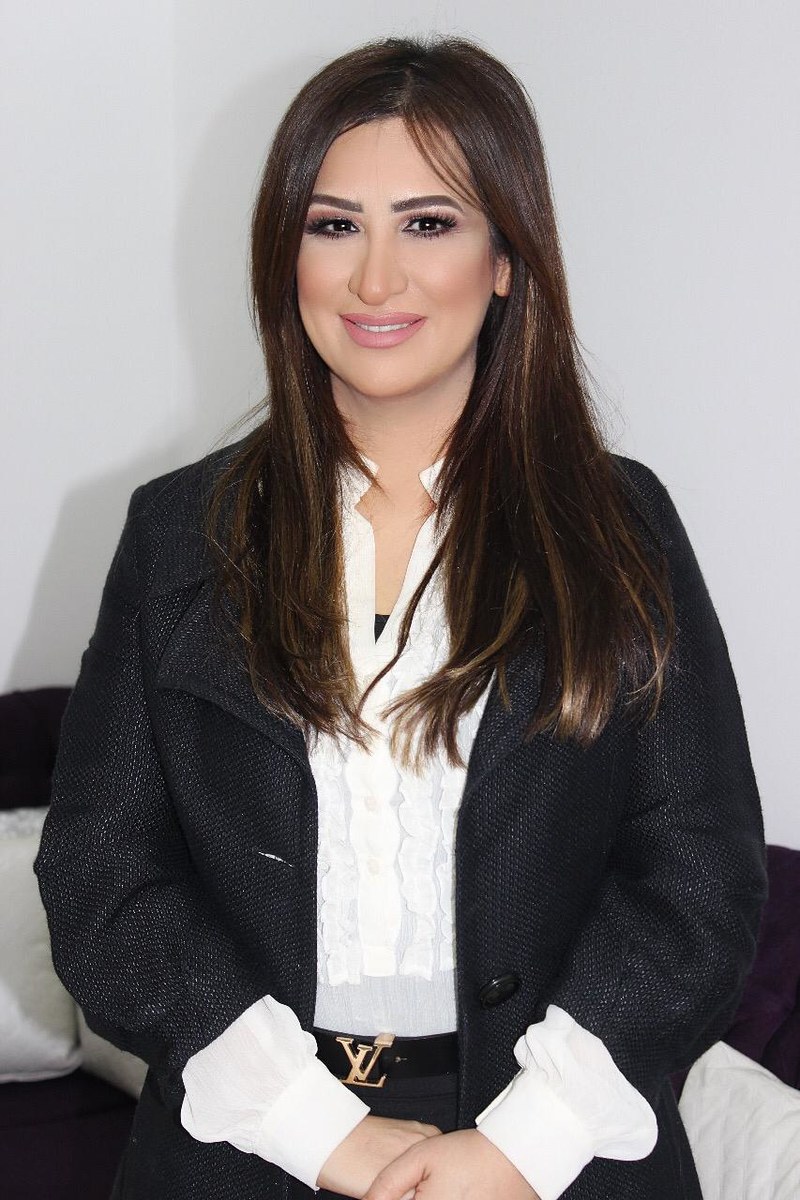
Ahdeya Al-Sayed
First Female President of the Bahrain Journalists Association
Sustainability, fairness, and competitiveness are very important factors for the growth of Bahrain, for the independence of Bahrain as a sovereign nation. When we talk about sustainability, we mean any achievements that Bahrain has made at all. For instance, when it comes to political progress, political progress basically started with the first parliamentary elections in 2002. Now, that is considered a political achievement because it was a part of democracy. We need to sustain the political, economic, social, cultural, and educational growth that contributes to Bahrain’s independence and growth. Fairness means that people are equal, there is gender equality. And I am glad to say that this is achieved in my country. Nevertheless, my definition of women empowerment is not just empowerment of women in workplaces, or in the public sector, or the private sector. I believe women are empowered at home. Women who do not work, women who raise children are empowered by being given the best education. It is a guarantee that you have generations of mothers raising children at home who have the consciousness, the culture, the education and the ability to raise a generation that will be productive. Hence, empowerment should not just be addressed to women in the work field, to women in the field of politics, economy, culture, education, medical. A woman is empowered when she feels that all her rights are protected. And that is what I see in my country. That is how I see my country succeed. We are all part of every success story.

